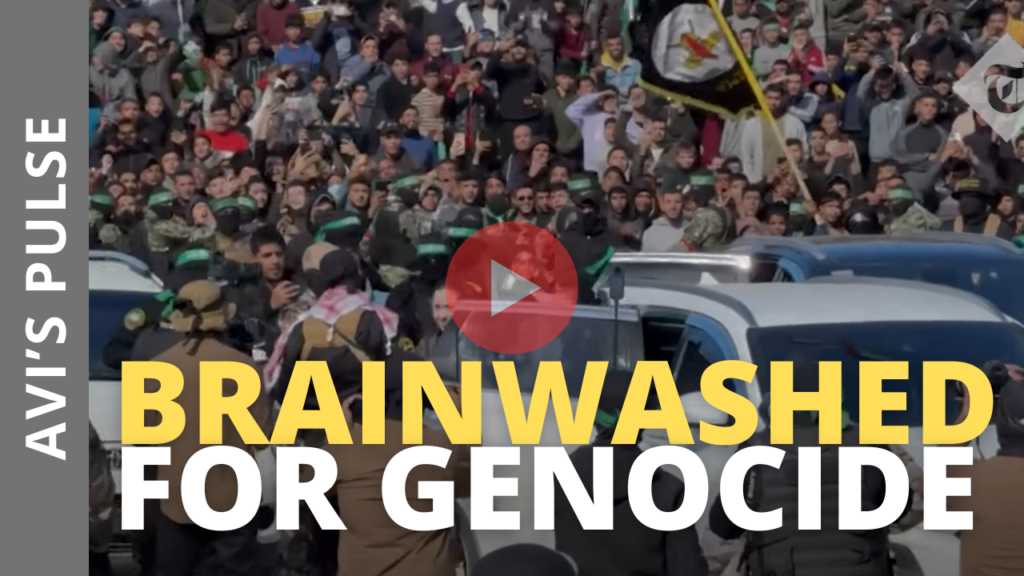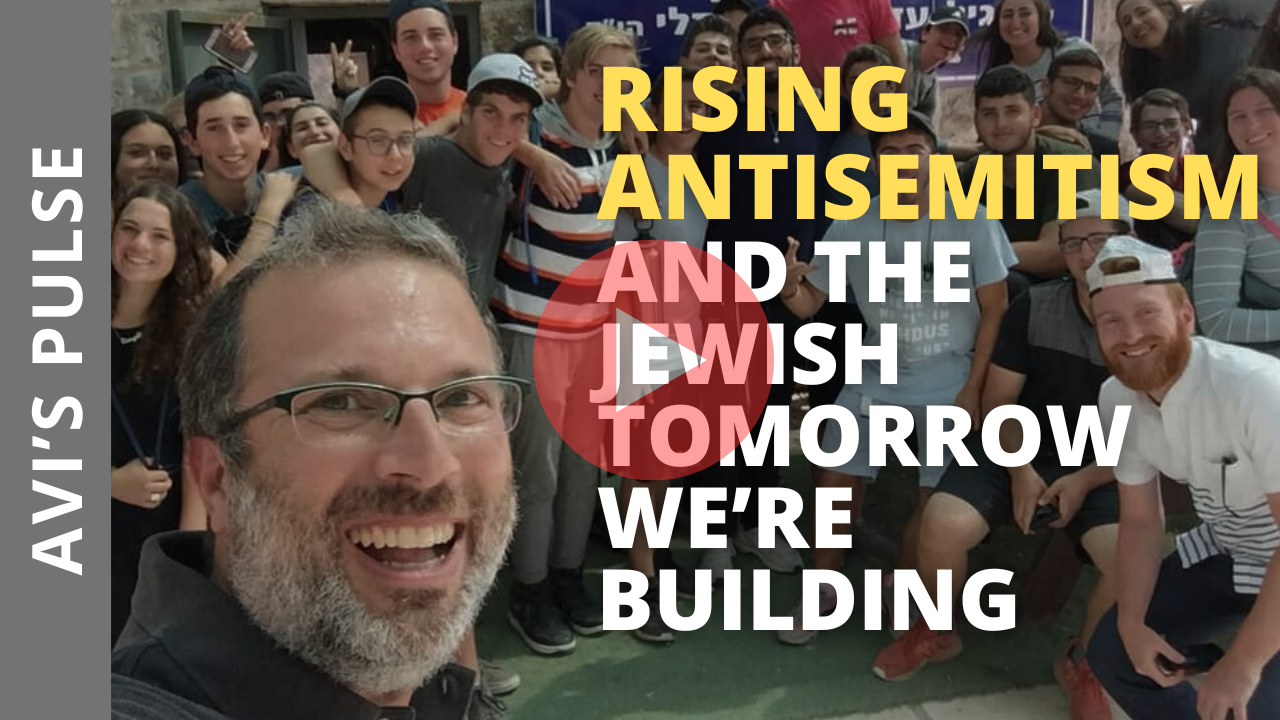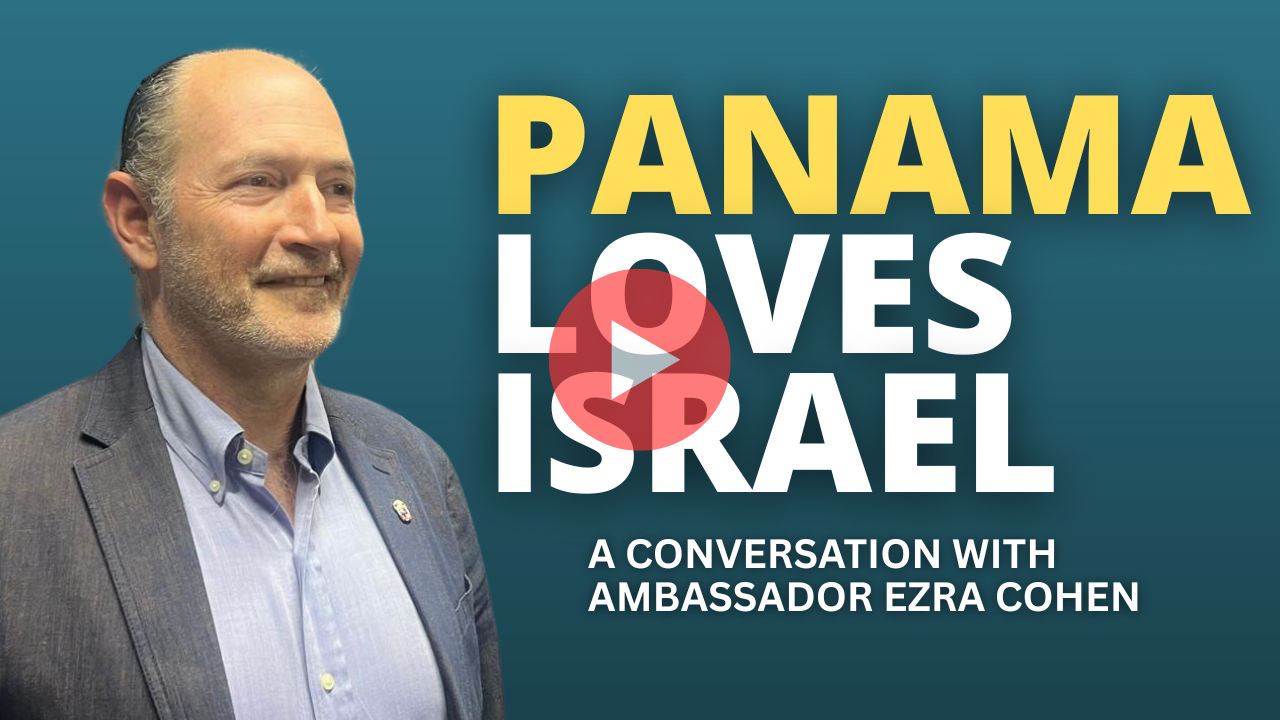A new survey reveals that the Oct. 7 massacre is still viewed by most Palestinians not as a tragedy, but as a triumph—proof that peace cannot exist without deep cultural and moral transformation.
The orgy of blood on Oct. 7, 2023, and everything that followed should have inspired a dream of peace. For anyone with a conscience, the horror would be enough to say: “Never again.”
Yet that isn’t what happened. When you ask Israelis how they are, their automatic “Fine, thank you” is no longer true; it’s merely a social convention. Their souls remain shaken.
But across the divide, in the Palestinian territories, the picture is far more disturbing. According to a recent survey by the Palestinian Center for Policy and Survey Research, 59% of Palestinians living under the Palestinian Authority—that is, in Judea and Samaria—believe that the decision to carry out the Oct. 7 massacre was “correct.” In Gaza, 44% agreed.
Even more shocking, 54% blame Israel for Palestinian suffering, while only 14% blame Hamas. And so we must ask: what peace are we talking about? The one preached endlessly by the U.N., by Europe, and by French President Emmanuel Macron—“two states for two peoples”? Not only does it lack realism; a majority of Palestinians reject it outright.

The same survey shows that 40% of Palestinians believe an independent state must come through armed struggle, not negotiation; in Gaza, 35% say the same. These are not marginal numbers—they represent a society still enthralled by the myth of “resistance,” not the idea of coexistence.
As Israeli journalist Amit Segal has noted, Shany Mor’s essay “Ecstasy and Amnesia” (published in Mosaic) explains this phenomenon well: the intoxication of violence, the inability of parts of the Islamic world—and the Palestinian one in particular—to separate history from religious emotion.
The “ecstasy” of jihad was visible on Oct. 7, in videos of young men calling their parents to boast about killing Jews with their own hands, and in the mobs cheering as kidnapped Israeli girls were paraded through Gaza’s streets.
Even academics in the West, such as Cornell’s Russell Rickford, revealed the same moral sickness when he called the massacre “exhilarating.”
Arab–Palestinian wars have always followed this script: an initial eruption of homicidal and suicidal ecstasy, followed by crushing defeat—the War of Independence (1948), the Six Day War (1967), the Intifadas, and now the war of Oct. 7. Yet from each failure, what remains in memory is the thrill of violence, not the price of it.
This mindset—rooted in the dream of expanding Dar al-Islam (the land of Islam) by erasing Dar al-Harb (the land of war)—turns every peace proposal into betrayal, and every act of terror into redemption.
Meanwhile, international institutions like the United Nations invert morality by cloaking this death cult in the language of “human rights.” The result is what the Arab intellectual Fouad Ajami called “a palace of dreams” turned into a trap of death.
The much-discussed “deradicalization” needed for a peace process is nowhere in sight. As this survey makes clear, the obstacle is not Israel’s settlements or borders—it is the culture of hatred itself.
Until that changes, peace will remain a Western illusion.

 Whatsapp
Whatsapp




